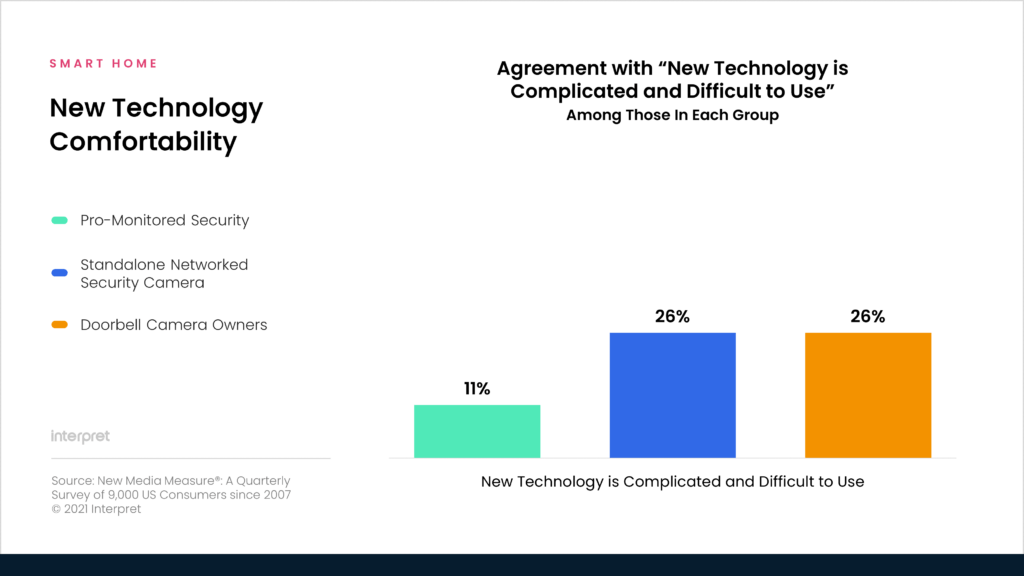Leading security platform provider Alarm.com has introduced a new data-driven service that reads activities around a property and passes that information along to a monitoring station when a security event occurs. The new Ambient Insights capability assesses the probability that the event was triggered by uncharacteristic activity based on learning a baseline of routine activity picked up by various sensors.
The service can also calculate the probability that the owner will cancel a potentially false alarm, enabling the monitoring station to allow necessary time for the customer to cancel before alerting dispatchers. Additional contextual information can be passed to first responders to expedite the dispatch verification process, enhancing what is already being done with video verification of alarm events.
Enhanced monitoring capabilities, such as those enabled by new applications of AI, are one of the ways professional security services seek to expand their value proposition and compete with platform competitors as well as lower-cost self-monitored products. Manufacturers of self-monitored products, such as Simplisafe and Arlo, have made recent announcements about new app features to expedite emergency response, but the heavy lifting of advanced AI is not easily replicated at the price point where these products are offered.
“As more standalone security products like video cameras add enhancements such as video analytics and emergency response, consumers are getting more value for their money,” observed Brad Russell, Vice President at Interpret. “However, the higher-level capability of being able to comprehensively monitor a property with precision and speed, especially in the event of a potential emergency, will remain the exclusive ability of a service provider that can aggregate data from an array of sensors working together. A smarter system will also help reduce subscriber attrition by delivering more value.”
Interpret’s Smart Home Matrix™ research shows that owners of smart security systems are more comfortable with new technologies than owners of standalone security cameras or video doorbells. Twice as many of the latter find new technology complicated and difficult to use (26%) compared to only 11% of smart security system owners. This suggests advanced AI services, like contextual awareness, will find a welcome audience among those already attracted to smart security systems.





